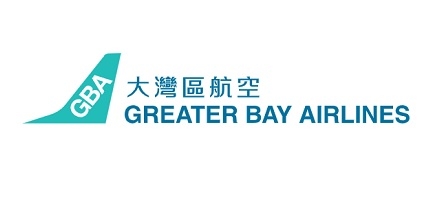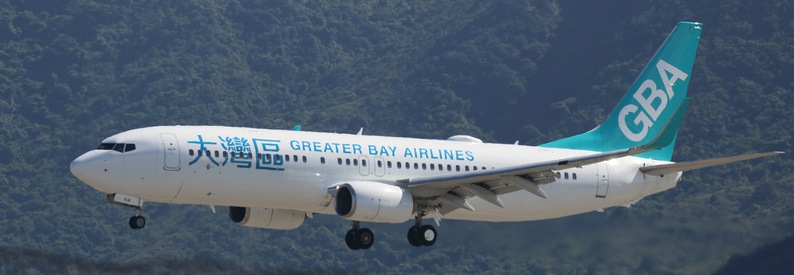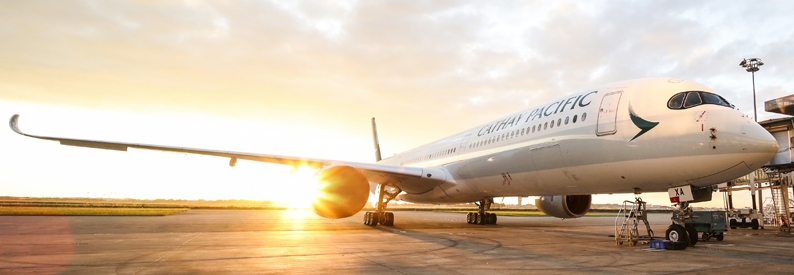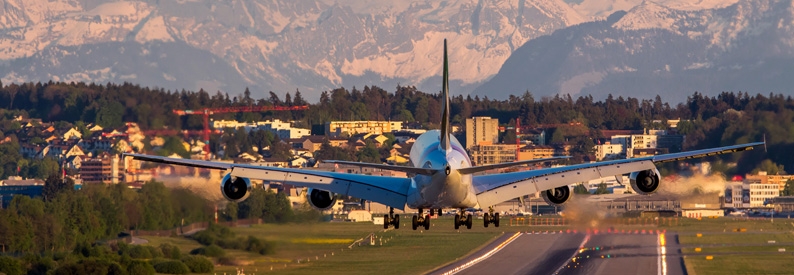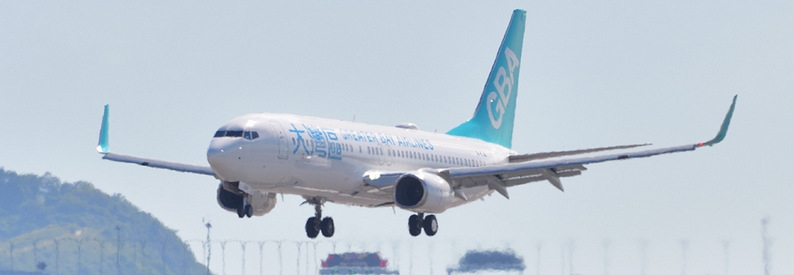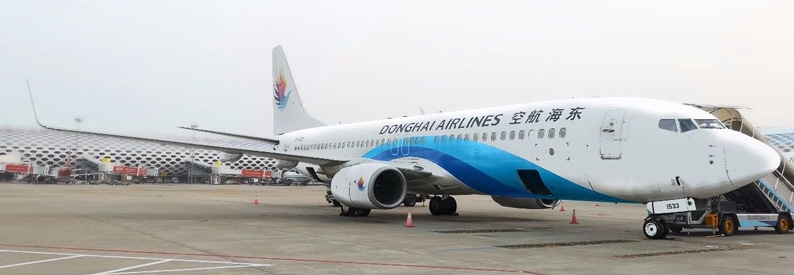The CEO of Greater Bay Airlines (HB, Hong Kong International) has welcomed policy changes and additional funding for the airline industry contained in Hong Kong's 2023/23 budget, which was handed down on February 21.
While the Hong Kong Special Administrative Region (HKSAR) government expects to record a deficit of HKD140 billion Hong Kong dollars (USD17.84 billion dollars) in 2022-23, Greater Bay Airlines CEO Stanley Hui said initiatives specifically targeting the airline industry will make Hong Kong a more competitive international aviation hub and aircraft leasing and financing centre.
Hui specifically noted four helpful measures contained in the budget, namely, the three-runway system of the Hong Kong International Airport scheduled to start in 2024; an improved aircraft leasing preferential tax regime to help Hong Kong build an effective aircraft leasing and financing platform; an injection of HKD200 million (USD25.5 million) into the Maritime and Aviation Training Fund; and additional funding to create more training spaces of the Greater Bay Airlines Youth Aviation Industry Internship Programme.
In a statement, Greater Bay Airlines said the initiative would have a "positive impact to the aviation industry and the long-term economic development of Hong Kong." During a media briefing following the budget, HKSAR financial secretary Paul Chan Mo-po said changes to the tax rules concerning aircraft leasing would allow a tax deduction for the acquisition cost of aircraft and provide for the expansion of the scope of leases and aircraft leasing activities. These changes have been proposed following a period of industry consultation and Chan said the relevant bill will be tabled in Hong Kong's Legislative Council in 4Q 2023.
According to a December 2022 Ernst and Young (EY) discussion paper on the proposed tax changes, under the current leasing tax preferential regime, Hong Kong-based aircraft lessors and aircraft lessor managers are taxed at a 8.25% concessionary tax rate. In addition, the HKSAR taxes the deemed taxable income from aircraft leasing at 20% of net rental income in lieu of the tax depreciation allowance. Among other things, the proposed changes would replace the 20% tax base concession with a one-off 100% tax deduction of the acquisition cost of aircraft, subject to a claw back mechanism upon disposal. Additionally, there would be no denial of the 20% tax base concession and/or one-off 100% tax deduction under specified scenarios.
